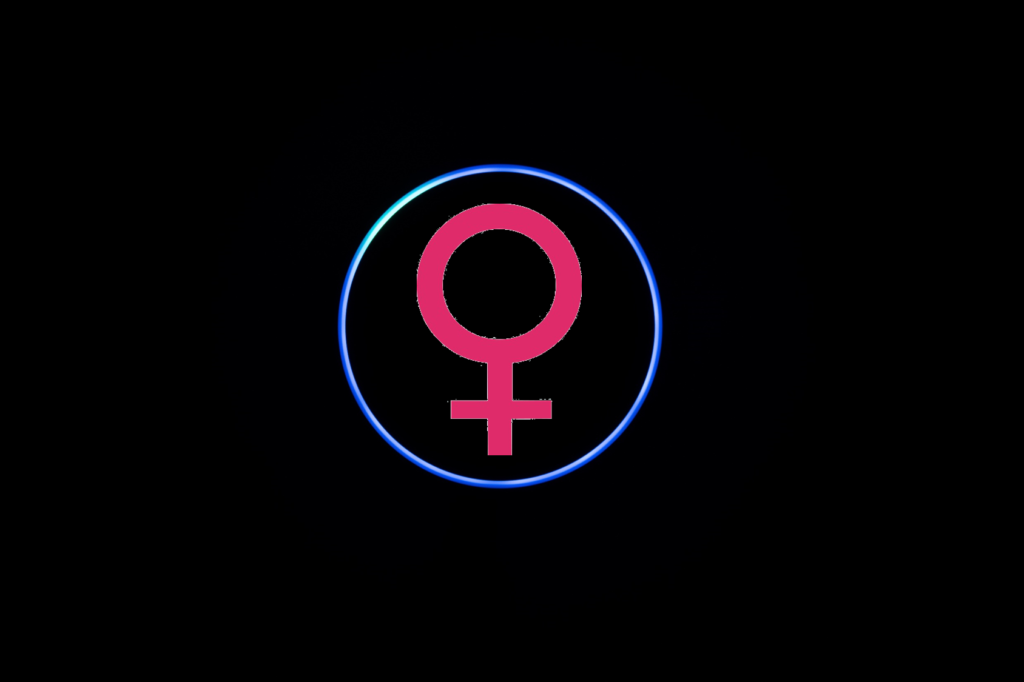
You have to hand it to Gene Roddenberry. If you don’t remember the name, he was the producer, screenwriter, and creator of the “Star Trek” series, which continues to resonate a half century after the show first debuted on network television back in the mid-’60s. Today, they call them “showrunners,” but in his day Roddenberry didn’t just come up with an idea for a TV show – he created a living, breathing franchise.
Roddenberry was a visionary. Many of the concepts, philosophies, and dilemmas the show tackled in deep space resonated right here on earth. They still do.
His U.S.S. Enterprise had a more diverse crew than many companies have today. And Kirk, Spock, and their able team of space explorers dealt with conflicts involving all sorts of social issues that resonated with what has happening in America at that time – as well as today. He found a way to touch on issues that were often touchy or even taboo back then, and give them an intergalactic, futuristic treatement that put many things into perspective.
The fact the series is still alive, well, popular, and profitable more than half a century later speaks to the universality of Roddenberry’s storytelling. But it also reflects a vision of technology’s future that was innovative and brilliant, whether it was the advanced nature of Dr. McCoy’s Sick Bay or the brilliance of Mr. Scott’s teleportation room. As we continue to sit in traffic snarls, grounded airplanes, and other annoying crowd scenes, who wouldn’t want to intone “Beam me up, Scotty!”), and get whisked away to a more satisfying destination.
So, when I ran across this short video conversation between Kirk, Spock, and “computer,” it stopped me cold:
Obviously, James T. Kirk was more than a bit uncomfortable with a computer simulating a real woman. Rewind to the 21st century, and hundreds of companies are raising their AI games by creating computers that sound and act more like…people.
In fact, the Google Assistant is being engineered to do just that. As smart speakers go, Google Home may be distantly trailing the Amazon Echo line, but they are far along the Artificial Intelligence path. You can listen to a powerful demo here where their computer makes a hair appointment and a restaurant reservation without being recognized as a machine, complete with all the “uh’s” and pauses we’re accustomed to hearing in normal conversations over the phone.
If you think of this technology as merely cylindrical devices that sit on your kitchen island or rec room table and tell you the weather, you’re missing the larger impact voice will have in our lives. Last week, we blogged about Lennar, the nation’s largest home builder, embedding Alexa into every new abode they’re building.
And perhaps the bigger news this week came from computer manufacturer, Acer. MediaPost reported they’re now the first company to make laptops that speak “Alexa.”
The now-familiar voice-technology will be embedded into a number of their Windows note books, eventually spreading across their entire line of PCs.

Like the Lennar deal, Acer has partnered with Amazon, and will be marketing these new machines with the ubiquitous female computer voice.
Just imagine…
…it won’t be long when you’ll be to command your computer to do what you like:
“Alexa, open Microsoft Word.”
“Alexa, open Google and search for restaurants near me.”
“Alexa, what are my appointments for today?”
“Alexa, get me an appointment with Jay for haircut at 3pm Friday.”
“Alexa, play some Classic Rock from the ’60s and ’70s.”
Without the aid of a mouse or a keyboard, you’ll be able to converse with your computer, asking “her” whatever you like.
Just like Captain Kirk.
They say 2018 is the Year of the Woman.
It may, in fact, it may be the Year of the Woman Computer.
- 5 Lessons For Radio From The Apple Watch - May 5, 2025
- DJs And Baristas: Can They Save Their Companies? - May 2, 2025
- Radio’s New Audience Equation: Z Over Y = Trouble - May 1, 2025




Next, program directors will curate these voices by accent, style and gender. It’s incorrect to swear at ladies & gentlemen but I admit to yelling at the car radio when a live voice muffs a promo (aka TSL maintenance). Respectfully, the 7 year old “be-atch in my dashboard” frequently fails to accurately listen and will respond with erroneous information. The condescending delivery certainly does not add to appeal. lol. Please drive safely, over this special holiday weekend.
A lot of people are frustrated with voice recongition in many late model cars. That’s part of the reason why Apple and Google have moved into the dash. And now Amazon wants a piece of that real estate. Maybe at some point, you’ll stop yelling at your car. Have a great weekend yourself, Clark.
No more typing!
Say “goodbye” to carpal-tunnel syndrome!
Thanks Alexa!
Coming before we know it, JC.
Literally LOLed at the Star Trek clip–thanks for including it–and gasped along with the audience at the Google demonstration.
I jumped into the Alexa pool this past Christmas and, as anyone who also has her as a roommate knows, she doesn’t always quite understand you, and in fact, can almost seem to get more confused the more you try to GET her to understand you. This invariably leads to finally barking, “Alexa, off!” or worse, even snapping at her personally. (Similar to the computer days of old, when you couldn’t get a computer to do what you wanted, and so you resorted to pleading with it as you typed in your commands).
One evening, after barking at Alexa to “give it up,” that she’ll “never understand,” I hear this little contrite, “I’m sorry. I’ll try to do better”!!!
No kidding, I felt BAD!! When you KNOW a computer couldn’t care less about your feelings, but you care about ITS feelings, that right there is when you know it’s time to throw in the towel. Clearly, the computers have won.
And they have. Great story, Dave. I think many reading your comment were nodding their heads. It’s still early days, but voice recognition software gets better with each passing day. And yeah, the Gogle demo was a mind blower for me, too. I have a feeling we’ll look back on the “pre-voice era” in much the same we do the “pre-cell phone era” today. Hard to believe there was a time when we couldn’t simply ask for something – and get it. Thanks for being a regular reader & commenter.